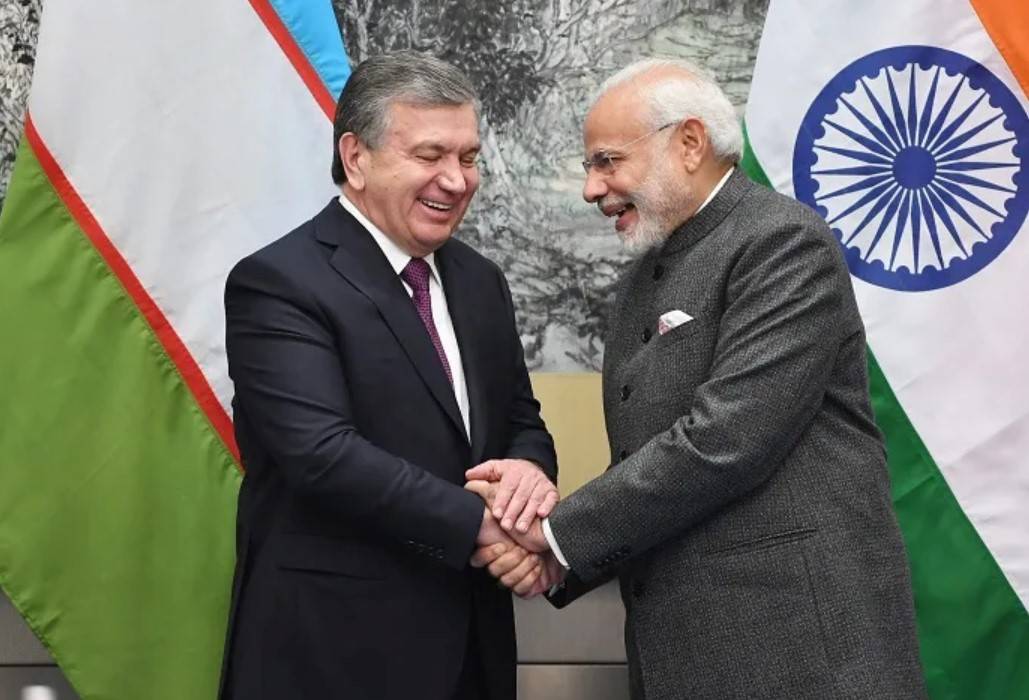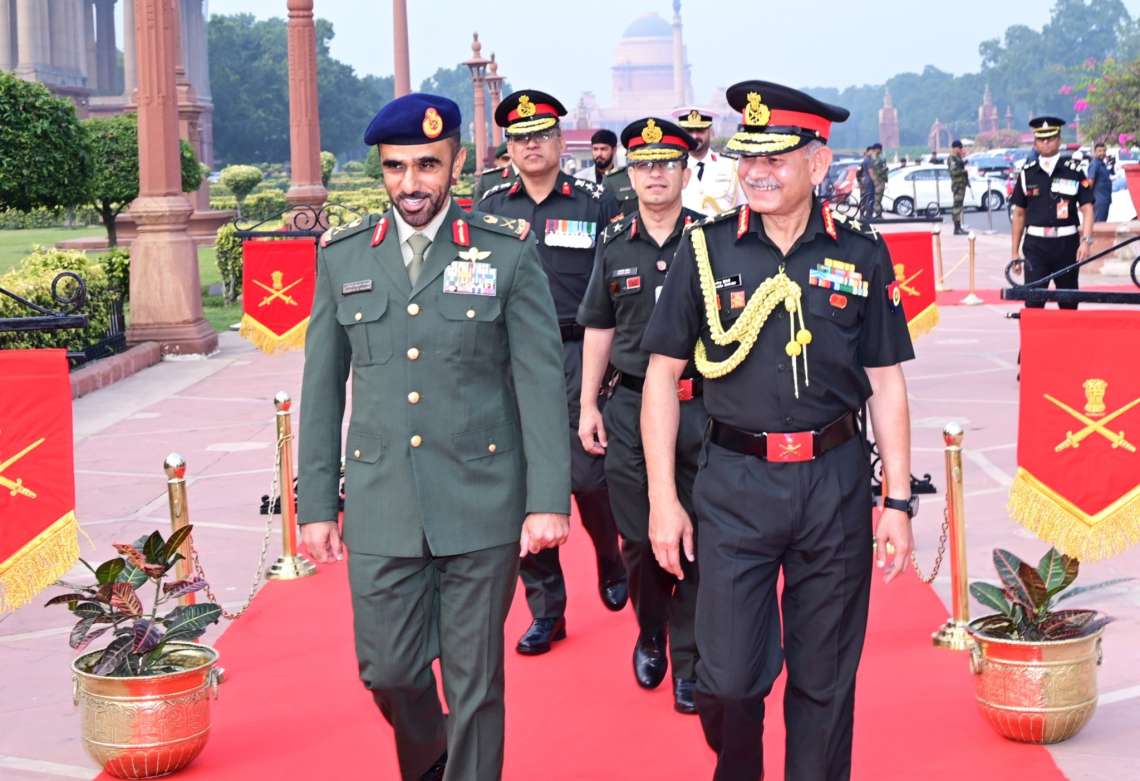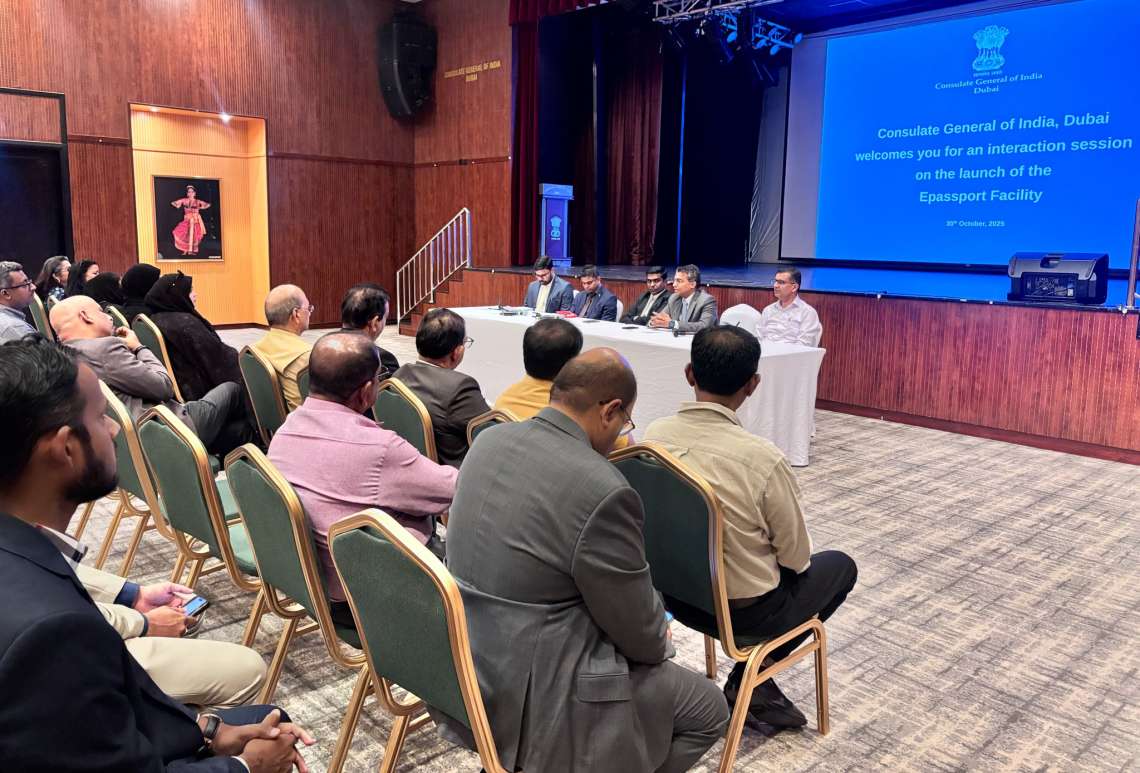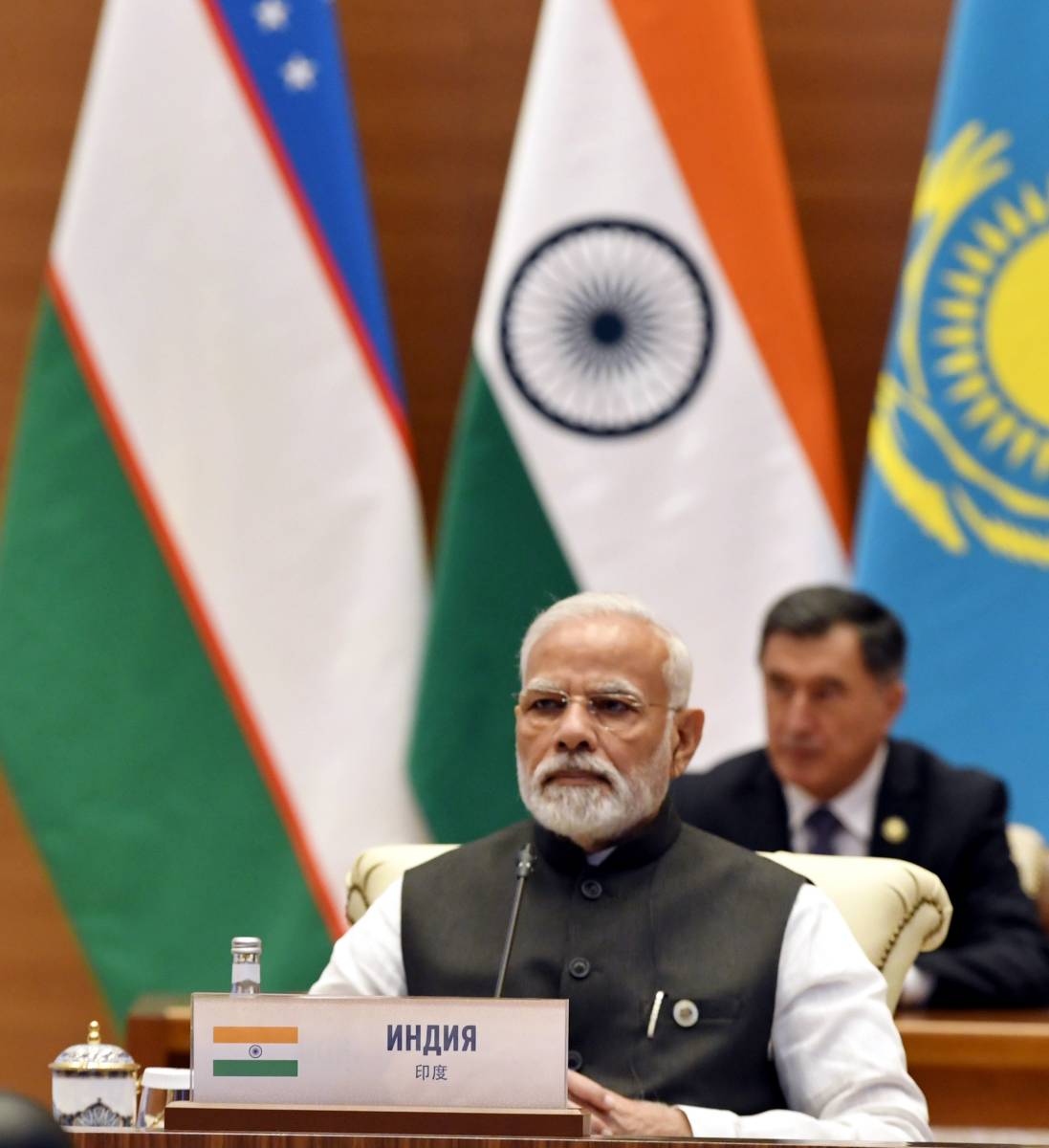India currently chairs the SCO Regional Anti-Terrorist Structure (RATS) and has been focusing on promoting practical cooperation in combating the problem of terrorism in the region…reports Asian Lite News
India continues to work closely with the Central Asian countries in a bid to list its counter-terrorism priorities and concerns, particularly in the South Asia region.
Earlier this week, India and Tajikistan held an important meeting in the field of combating terrorism and extremism with a special focus on countering radicalization.
At the fourth meeting of the Joint Working Group of India and Tajikistan on Counter-Terrorism held on Tuesday, the delegations from both sides discussed in detail the ways to counter contemporary challenges and threats.
Organised at the level of heads of structural divisions of both external/foreign affairs ministries, the virtual meeting saw representatives of the two countries discuss measures to prevent the financing of terrorism; ensure cyber security; suppression of drug trafficking; information sharing, and capacity building in this area.
Both sides also welcomed the holding of the high-level international conference on ‘International and Regional Border Security and Management Cooperation to Counter Terrorism and Prevent the Movement of Terrorists’ in Dushanbe on October 18-19 and intensification of the ‘Dushanbe Process’ in this context.
The India-Tajikistan meeting was held just before Prime Minister’s visit to Samarkand to attend the 22nd Meeting of the Council of Heads of State of the Shanghai Cooperation Organisation (SCO).
India currently chairs the SCO Regional Anti-Terrorist Structure (RATS) and has been focusing on promoting practical cooperation in combating the problem of terrorism in the region.
Ahead of the PM’s visit, Foreign Secretary Vinay Kwatra said on Thursday that the “substance of the discussion” on countering terrorism within the framework of SCO and the handling of the issue has now evolved over a period of years.
“Now, irrespective of what a particular country does on this problem of terrorism, there is deeply held, I would say, understanding and a deep appreciation within the SCO countries of what the nature of this terrorism is, where this problem comes from and most importantly, the need for the SCO countries on their own as also for the SCO structures including in particular RATS to come together and form ways for practical cooperation,” said the Foreign Secretary.
Over the past few years, New Delhi has been at the forefront to emphasise that the threat of terrorism is not only growing and expanding at a rapid pace into new areas, particularly in Asia and Africa but is also exacerbated by the exploitation of new and emerging technologies by terrorist groups to achieve their vicious goals.
India has maintained that it has been at the receiving end of state-sponsored, cross-border terrorism for the past several decades with UN-designated terrorist groups such as Lashkar-E-Taiba, Harkat-Ul-Mujahidin, Jaish-I-Mohammad, as well as their aliases and proxies, continue to operate from across the border targeting civilians, security forces, places of worship and critical infrastructure in India.
Several leaders from Central Asia, particularly Tajikistan President Emomali Rahmon, have also been voicing their concern over the terror sleeper cells getting active in the region after the return of the Taliban in Afghanistan.
The military contingents of the Russia-led Collective Security Treaty Organisation (CSTO) are also being equipped with modern weapons and equipment to tackle the armed groups on the territory of Afghanistan which continue to threaten the security and stability of the entire Central Asian region.
ALSO READ-Wallace joins ceremonial guard beside Queen’s coffin














